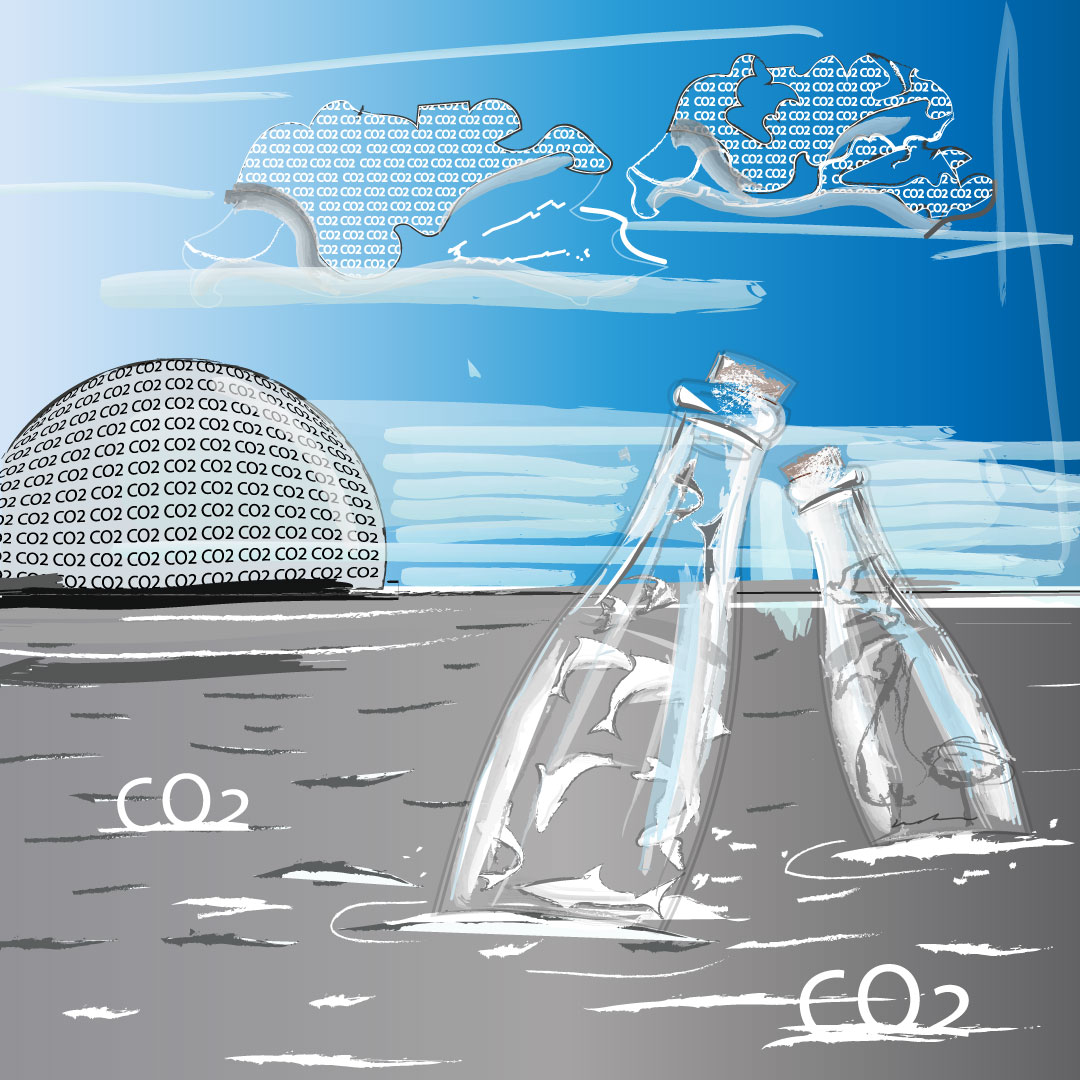The concept Of sustainability it addresses a wider sphere than just the ecological sphere. dmust be an integral part of all our activities. It is not aimed only at companies producing goods and services that are committed every day to the development of projects aimed at reducing CO₂. But it must also be addressed to the single individual, sensitizing him to correct use of one's actions on the net. Withheld often, synonymous with dematerialization. It is necessary to become aware that the Internet is, to all intents and purposes, one physical structure composed of data center, cables and servers that produces energy.
THE TIME WE SPEND ON THE INTERNET IS CONTINUOUSLY INCREASING
In the last period, the time spent online has doubled. Continuous connection, distance learning, smart working, streaming, social networks... have led to an increase from the carbon footprint (CO₂). Parameter indicating the estimate of polluting greenhouse gas emissions. To reduce it? Everyone should be reminded to review their behavior and choices.
A DIGITAL LITERACY IS NEEDED
Accumulate projects inactive digital files on the cloud and keep historical archives of files and/or emails for a long time, makes many servers work continuously generating a «dormant pollution» and producing enormous amounts of heat. To guarantee them an optimal temperature, it is necessary to air-condition the space in which they are contained and this produces a lot of energy. Today, Internet use accounts for 3.7% of global emissions and will continue to increase considering its current and future developments.
SUSTAINABILITY, WE REDUCE CO₂ IN NETWORK ACTIVITIES
But what simple measures can we have to reduce ours Fingerprint?
- Compact the size of the documents we send;
- Use hyperlinks instead of attachments;
- Share images and avoid forwarding them;
- Don't send obvious OK or Thank you answers
- Daily delete emails that have been read and empty the trash;
- Unsubscribe from newsletters you do not read;
- Limit the number of recipients in sending;
- Make your regularly viewed websites favorites;
- Enter directly through the site address and not with the search engine;
- Close all open tabs on your smartphone;
- Delete unused heavy images, videos and save them on an external hard-disk;
- Make a video and music download to use it as many times as we want;
- Avoid streaming multiple times;
- Empty the unnecessarily occupied memory space;
- download podcasts;
- Do not abuse video conferencing;
- Always unplug your computer and charger;
- Delete unused files on cloud;
- Restrict videos on websites;
- More carefully design websites with a clear and clean structure where information is easily searchable.
OUR CONCLUSIONS
You can't do without online communication anymore, that's for sure. But we can learn and share the correct use of technology with others. From a future point of view, it could mean recognizing and regulating the web as a real discipline. By training students at school but even before teachers, and adults in work environments, on responsible information technology in compliance with the law. Currently the internet is not yet administered and regulated by a specific authority. It allows for a freedom to share data where users should equip themselves with strong discipline and awareness of how to use it. How many will do it? Let's try to reflect
